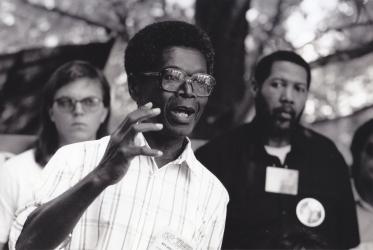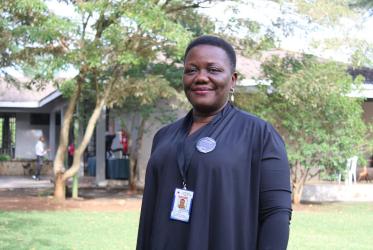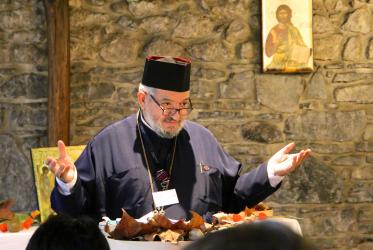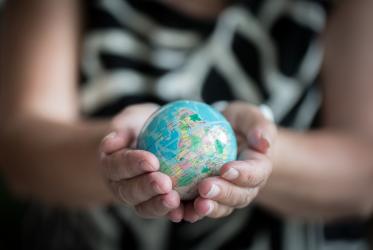Displaying 1 - 20 of 34
WCC welcomes visit from global Christian leaders to South Sudan
01 February 2023
World mourns loss of Archbishop Desmond Tutu
30 December 2021
In a COVID-stricken world, “everyone is important”
23 October 2020
South Sudan Church leaders welcome new cabinet
15 March 2020
Rev. Kenneth Mtata reflects on journey of transition in Zimbabwe
20 September 2018
“Love will find a way”
23 August 2018
#WCC70: Fellowship of women and men – with ups and downs
17 August 2018
Walking together against hatred and violence
26 February 2018












